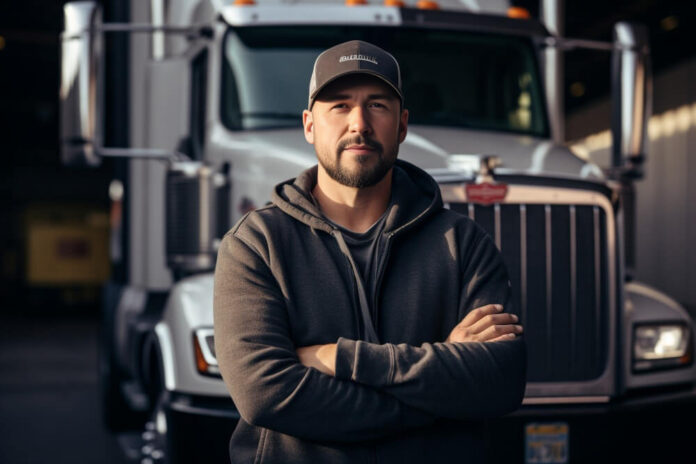An owner operator owns and operates their small business, usually within the transportation industry. They own their truck or fleet and lease services to larger freight companies or directly contract with businesses. This entrepreneurial role combines business management with hands-on work, offering the opportunity for greater independence and potential profits while also carrying the responsibilities of vehicle maintenance, compliance with regulations, and financial risk.
Understanding the Role of an Owner Operator
An owner operator is an individual who owns and operates their own business, typically within the trucking industry. They are responsible for managing all aspects of their business, from driving and delivering goods to handling administrative tasks such as invoicing, record keeping, and regulatory compliance. Unlike company drivers, owner operators can choose which loads to haul, where to travel, and when to work.
The Advantages and Challenges of Being an Owner Operator
Starting an owner operator trucking company comes with its own distinct set of advantages and challenges. On the positive side, it offers a significant level of independence and control over your schedule, which can provide an appealing degree of flexibility and freedom. You also have the opportunity to potentially earn more revenue compared to working as a company driver.
In addition, being an owner operator can be an exciting career choice as you get to see new places and meet interesting people. A consistent demand for truck drivers also leads to stable employment opportunities. It’s a role that continually presents new challenges, keeping the work engaging and far from mundane.
However, stepping into the role of an owner operator is not as easy and interesting as it seems. One of the major challenges is the responsibility of managing your own business. If any issues arise, such as vehicle breakdowns or business-related errors, you are the one who needs to deal with them.
Moreover, the job can sometimes lead to feelings of isolation due to the nature of the work, and managing both driving tasks and business operations can lead to high-stress levels. While the earning potential is higher, it’s important to note that the financial risks are also elevated.
Therefore, considering these pros and cons is crucial when deciding whether to become an owner operator. It’s a rewarding role for those who enjoy independence and are ready to take on the challenges of running their own business.
Key Responsibilities of an Owner Operator
Owner operators wear many hats. In addition to driving, they are responsible for managing their own business. This includes finding and negotiating loads, maintaining their equipment, ensuring compliance with safety and transportation regulations, and handling administrative tasks such as bookkeeping and tax preparation. They must also manage relationships with clients and brokers and ensure excellent customer service to maintain a steady stream of work.

Financial Aspects of Operating as an Owner Operator
Operating as an owner operator requires careful financial management. Owner operators must budget for expenses such as fuel, maintenance, insurance, and taxes and ensure they are charging enough to cover these costs and make a profit. They must also navigate the financial risks associated with the industry, such as fluctuating fuel prices and inconsistent work. Understanding and managing these financial aspects is crucial to the success of an owner operator.
How to Become a Successful Owner Operator
Becoming a successful owner operator requires a combination of driving skills, business acumen, and resilience. It is important to gain experience in the industry before taking the leap to become an owner operator. This can provide valuable insights into how the industry works and what it takes to succeed. Once established, successful owner operators are those who manage their business effectively, maintain good relationships with clients and brokers, and consistently deliver high-quality service. To get better insight into this business, check out https://www.cargoxinc.com website.
Regulatory Compliance for Owner Operators
Regulatory compliance is a critical aspect of operating as an owner operator. This includes adhering to safety regulations, maintaining proper licensing and insurance, and complying with transportation laws. Non-compliance can result in fines, loss of license, or even legal action. As such, owner operators must stay up-to-date with the latest regulations and ensure they are meeting all requirements.
Maintenance and Equipment Management for Owner Operators
Maintenance and equipment management are key responsibilities for owner operators. Regular maintenance is essential to keep the truck running efficiently and prevent costly repairs or breakdowns. This includes routine tasks such as oil changes, tire rotations, and more complex repairs. Equipment management also involves ensuring the truck is equipped with the necessary tools and equipment and that these items are kept in good working order.




